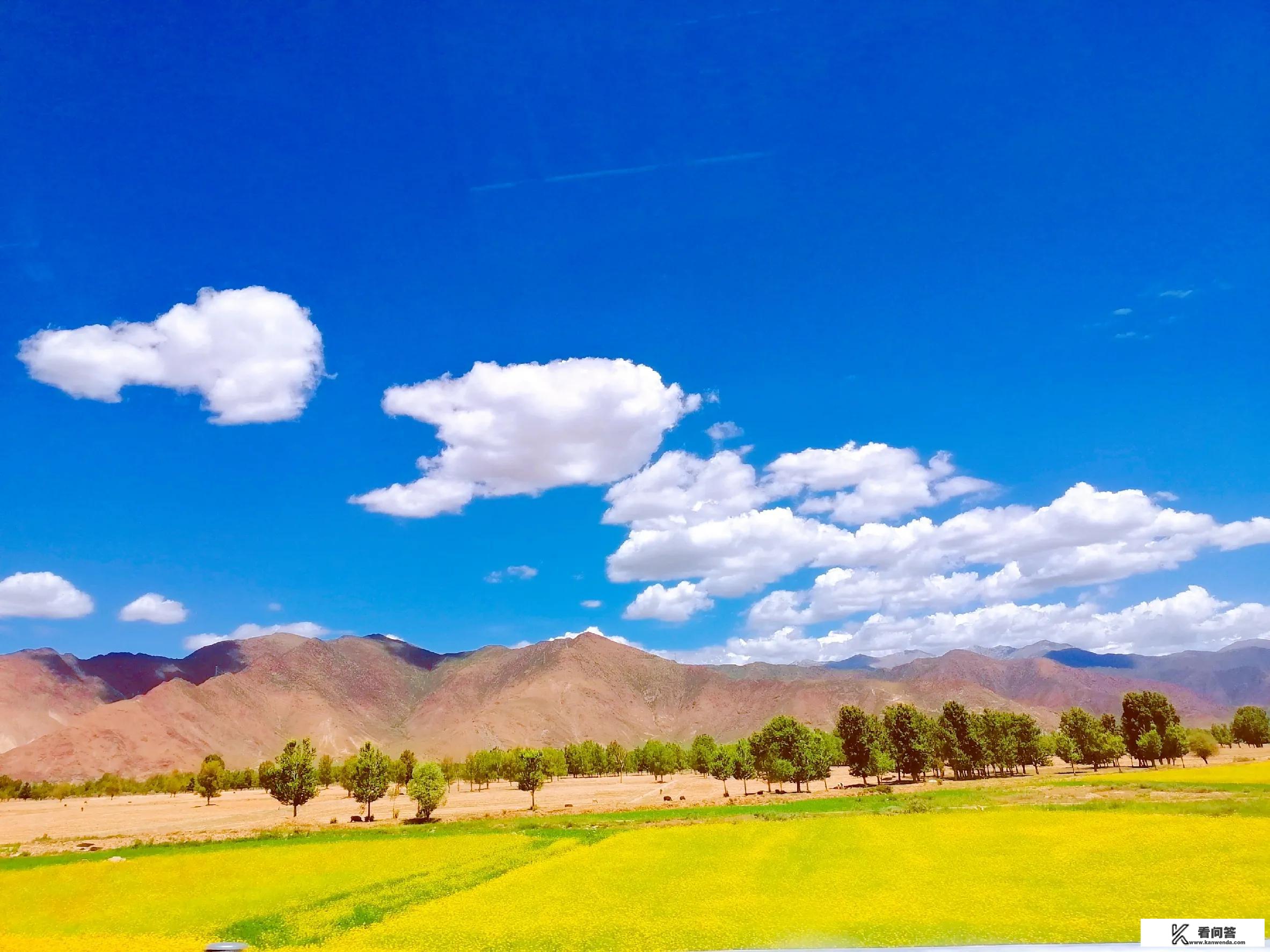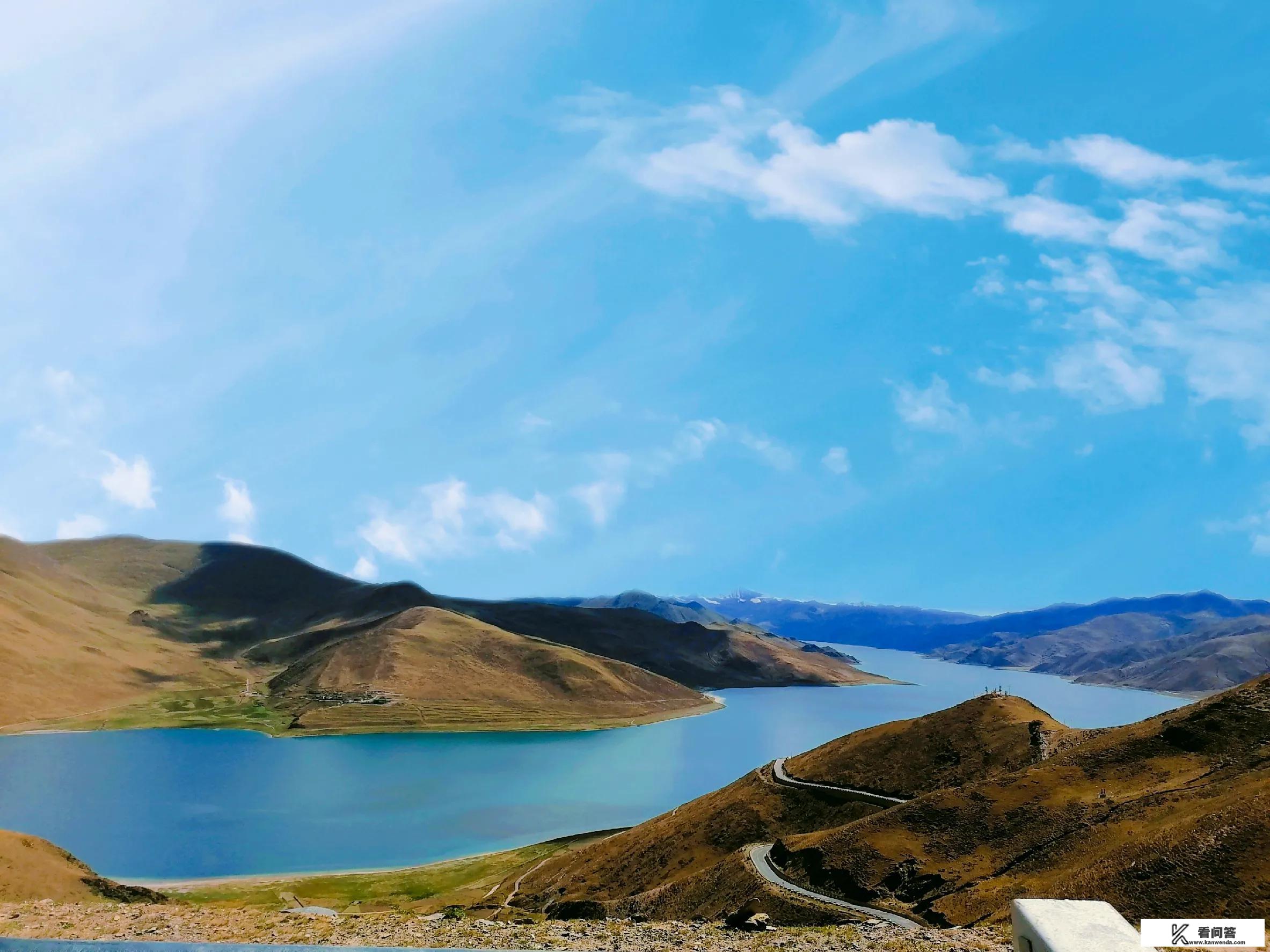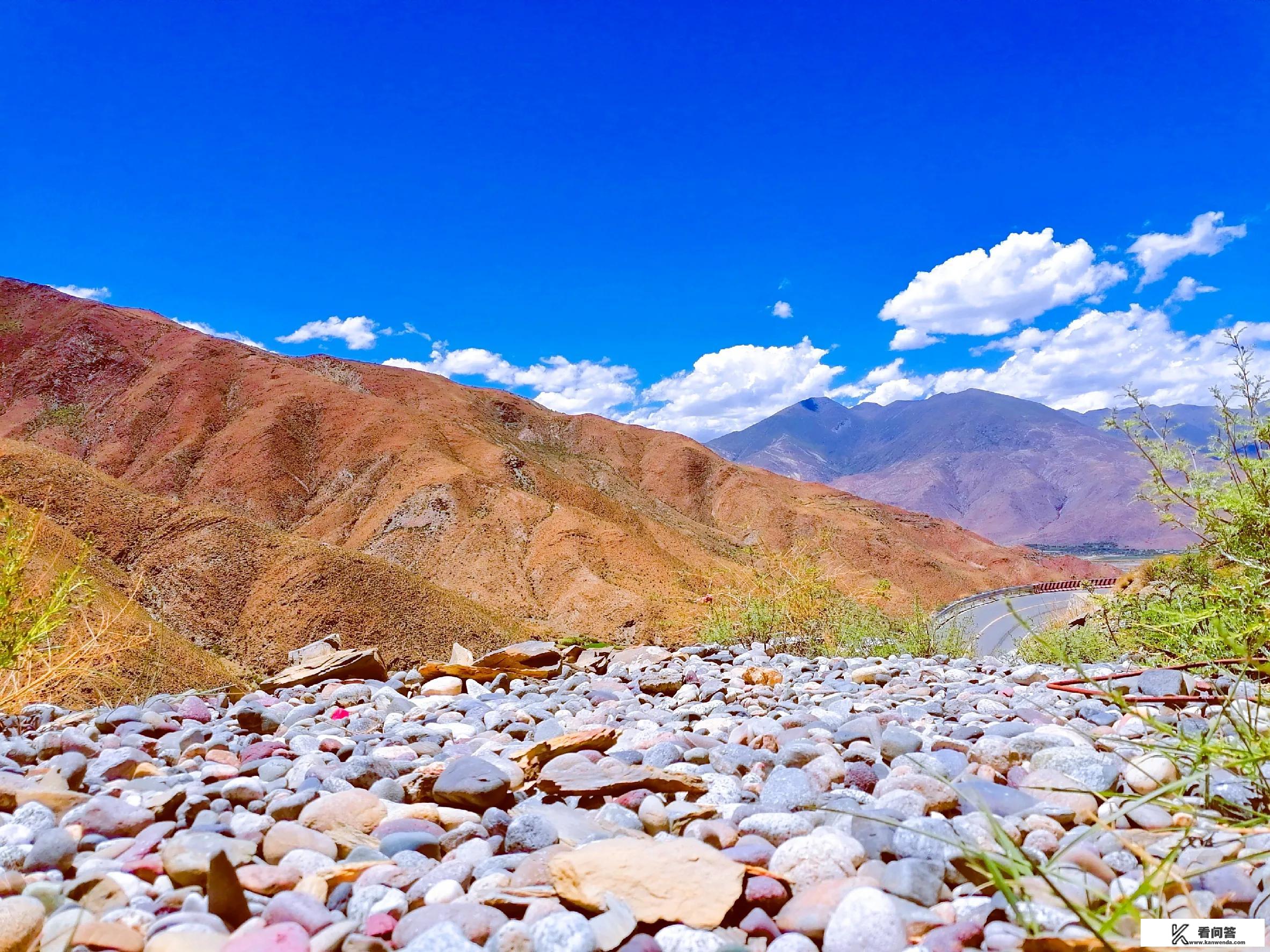City Walk, literally translated as Urban Stroll, is a popular travel trend among the younger generation in recent years. Unlike conventional touri *** , City Walk emphasizes immersive exploration of a city's cultural, historical, and geographical nuances, fostering a deeper connection between travelers and the urban environment while embracing its bustling charm.
Originating from English, "City Walk" combines the words "city" (都市) and "walk" (散步), typically referring to pedestrian-friendly streets, commercial districts, and outdoor shopping and entertainment areas within cities or their cores. This concept is globally recognized, with many metropolises boasting their own City Walks, which often serve as iconic landmarks and prominent tourist attractions.

In contrast to "Battalion Touri *** ," a term used to describe visiting numerous famous sights in the shortest time possible, City Walk encourages meandering through city alleys and squares, soaking up the ambiance and comprehending the local lifestyle. It appeals to those who cherish urban discovery and authentic experiences.
Ultimately, City Walk represents a new form of travel that enables tourists to delve into a city's allure during leisurely strolls. By participating in City Walks, travelers can forge stronger bonds with the city, immerse themselves in its daily life, and appreciate its distinctive character.
Regarding the contemporary phenomenon of "Special Forces Touri *** " among young people, it refers to the practice of quickly touring multiple destinations within a short timeframe, usually over weekends or on brief breaks. Using high-speed trains or other modes of transportation, these young individuals traverse provinces or even countries without pause, experiencing a whirlwind of sightseeing.

The rise of this style may be attributed to our increasingly fragmented digital lives, where short videos dominate consumption habits, making it challenging to dedicate long periods to activities like watching full-length TV shows. The accelerated pace of urban living has also contributed to the preference for fast-paced travel, as people seek to keep up with the tempo.
Additionally, limited free time and the desire for both adventure and relaxation create a need for efficient use of vacation days. The saying, "the world is vast, I want to see it," embodies the spirit of impulsive, carefree travel, especially among the young. They seize the opportunity to explore before settling down and prioritizing family responsibilities.
Embracing the beauty of China's diverse landscapes and the world at large while one is still young becomes a priority, fearing that once missed, the experience might lose its magic. Therefore, the call to action is clear: "Explore now, for tomorrow's commitments may limit today's wanderlust."

How do you perceive "Special Forces Touri *** " among today's youth? Share your thoughts and let's discuss!
(Images have been included but cannot be displayed here due to formatting constraints.)
